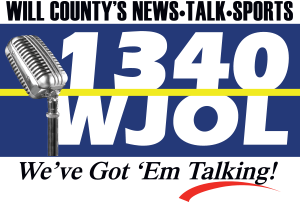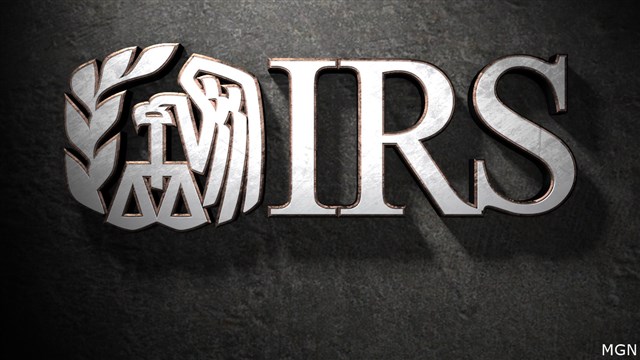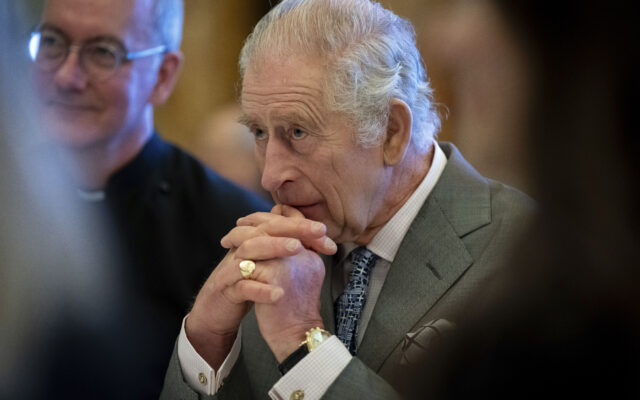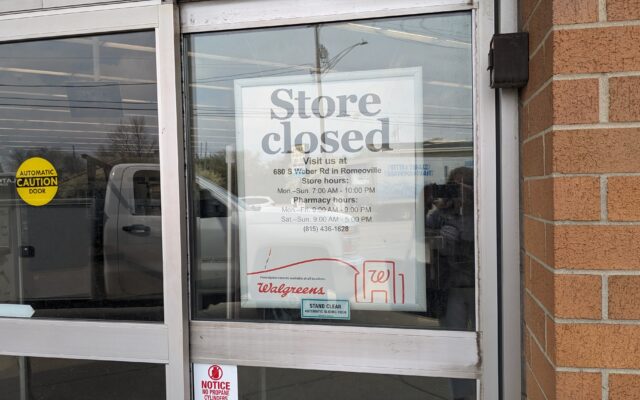Townships That Have Excess Reserve Funds May Have To Rebate Taxpayers Under A New Bill On Governor Pritzker’s Desk
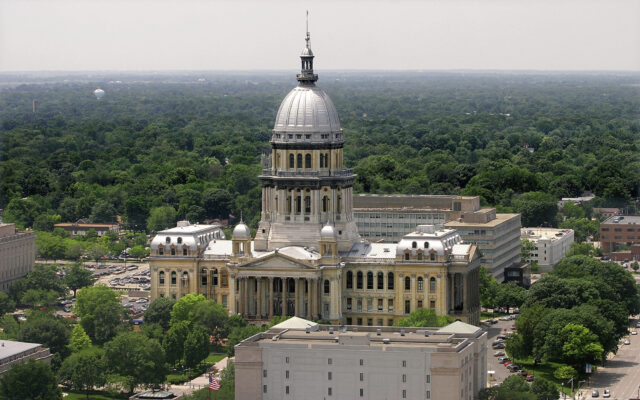
Townships in Illinois would be required to either lower taxes or even possibly rebate excess general assistance funds to taxpayers under a bill that’s on Gov. J.B. Pritzker’s desk.
In 2017, a measure from state Rep. Brad Halbrook, R-Shelbyville, was enacted that prohibits townships from having more than 2.5 times the annual average expenditures in reserves of the previous three fiscal years.
“There was a 1969 Supreme Court case based out of Adams County that a local businessman said that his county is overtaxing because of the large fund balances that they had and he was proven right because of the decision of the Supreme Court,” Halbrook said.
Halbrook’s measure enacted in 2017 excluded a township’s capital fund from the cap.
This year, Senate Bill 1799 from state Sen. Tom Cullerton, D-Villa Park, adds township general assistance funds to that cap. The bill passed both chambers nearly unanimously.
“This bill I believe just kind of reiterates what we put into practice two years ago,” Halbrook said.
If SB1799 is signed by the governor, it could lead to lower taxes.
“If you see yourself bumping up, as a township board, you see yourself bumping up and you may be going over that number, you just need to reduce your levy in the coming years to avoid that,” Halbrook said.
There is already a provision in the state law that allows townships with excess reserves on hand to rebate funds back to taxpayers, he said.
“If you’re faced with a situation to where you have a huge excess of those numbers there is a provision where you can rebate that back to the property owners,” Halbrook said.
Halbrook said the bill he passed in 2017 has already led to such actions in one township.
“Shelbyville township at one time had a million-and-a-half dollar surplus, excess funds, above that number,” Halbrook said. “I think they ultimately rebated back $735,000 to 2,200 plus-or-minus property owners in that township.”
